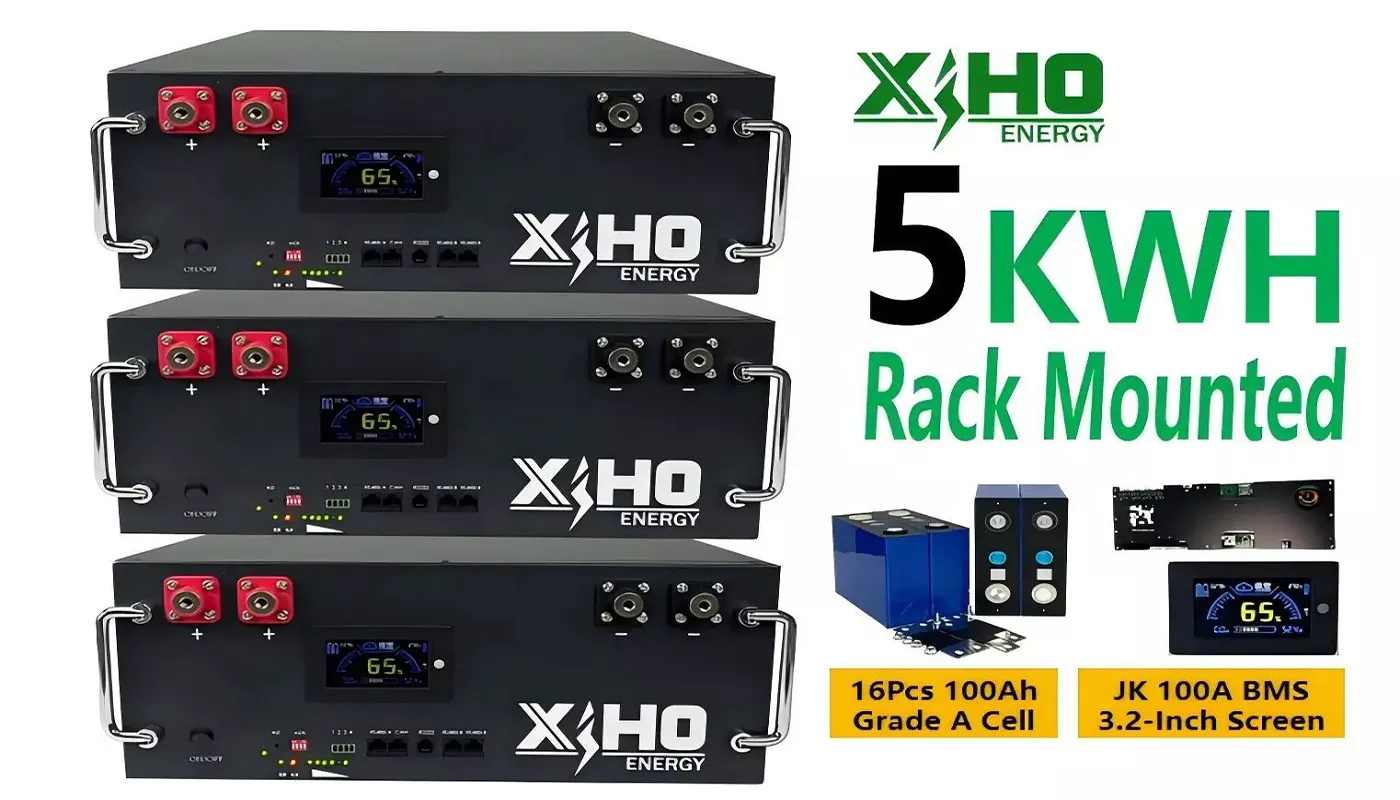Introduction:
With the rapid advancement of lithium battery technology, these powerhouses are now found in everything from smartphones to electric vehicles and energy storage systems. Their widespread adoption across industries raises an important question: What makes lithium-ion batteries so indispensable in today's world? By understanding their properties and advantages, we gain insight into why they have become a core component of modern energy solutions.
What is a Lithium Battery?
A lithium battery is a rechargeable power source that leverages the unique properties of lithium—one of the lightest and most reactive metals. These batteries rely on the movement of lithium ions between the anode and cathode to generate and store energy. Known for their high energy density and lightweight design, lithium-ion batteries are ideal for applications where space and weight are crucial, such as in electric vehicles and portable electronics.
Diverse Applications of Lithium-Ion Batteries:
Lithium-ion batteries are versatile, serving a broad range of applications:
· Solar Energy Storage: Perfect for storing solar power, these batteries enable consistent energy supply even without sunlight, supporting residential and commercial energy systems.
· Uninterruptible Power Supplies (UPS): Their rapid response time and longevity make them indispensable in critical environments like hospitals and data centers.
· Electric Vehicles (EVs): Lithium-ion batteries power EVs, providing the range and efficiency needed for modern transportation while reducing environmental impact.
· Remote Monitoring Systems: Their long lifespan and low self-discharge rate make lithium-ion batteries ideal for systems that operate intermittently, such as in remote locations.
· Uninterruptible Power Supplies (UPS): Their rapid response time and longevity make them indispensable in critical environments like hospitals and data centers.
· Electric Vehicles (EVs): Lithium-ion batteries power EVs, providing the range and efficiency needed for modern transportation while reducing environmental impact.
· Remote Monitoring Systems: Their long lifespan and low self-discharge rate make lithium-ion batteries ideal for systems that operate intermittently, such as in remote locations.
Advantages of Lithium-Ion Batteries:
Several key features make lithium-ion batteries a top choice for energy storage:
1. High Energy Density: Lithium-ion batteries store more energy per unit of weight, which is essential for reducing device size and improving efficiency.
2. Long Cycle Life: These batteries can endure thousands of charge-discharge cycles, with lifespans up to 15 years, reducing the need for frequent replacements.
2. Long Cycle Life: These batteries can endure thousands of charge-discharge cycles, with lifespans up to 15 years, reducing the need for frequent replacements.
Lithium-Ion Batteries for Home Energy Storage:
For homeowners looking to optimize energy usage, lithium-ion batteries can be used in two ways:
· Standalone Installation: Provide reliable backup power during outages, ensuring essential appliances remain operational.
· Integrated with Solar Systems: Combined with solar panels, these batteries store excess solar energy, reducing reliance on the grid and lowering energy costs.
· Integrated with Solar Systems: Combined with solar panels, these batteries store excess solar energy, reducing reliance on the grid and lowering energy costs.

Cost Considerations:
While lithium-ion batteries come with a higher upfront cost than traditional lead-acid batteries, their long-term benefits, including a longer lifespan and lower maintenance costs, make them more cost-effective over time. As technology improves, prices continue to drop, making them a competitive choice for both homeowners and large-scale energy projects.
Conclusion:
Lithium-ion batteries are at the forefront of modern energy solutions, offering efficient, sustainable, and reliable power storage. Their high energy density, long cycle life, and minimal maintenance requirements make them the preferred choice for a wide array of applications, from portable electronics to solar energy storage and electric vehicles. As we move toward a more sustainable future, lithium-ion technology plays a crucial role in shaping the energy landscape, making it an indispensable solution for today and tomorrow.
 +86 13332949210
+86 13332949210 info@xihobattery.com
info@xihobattery.com







 Xiho
Xiho Jan 04 2025
Jan 04 2025











